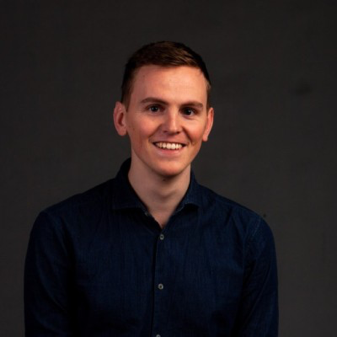- Indico style
- Indico style - inline minutes
- Indico style - numbered
- Indico style - numbered + minutes
- Indico Weeks View
ENBIS Webinar: Bayesian Active Learning with Fully Bayesian Gaussian Processes
→
Europe/Amsterdam
,
Description

Bayesian Active Learning with Fully Bayesian Gaussian Processes
Speaker: Christoffer Riis and Frederik Boe Huttel (Technical University of Denmark, DTU)
Chair: Christian Capezza (University of Naples "Federico II") and Davide Cacciarelli (DTU)
Date: 7th June 2023, at 12:30-13:30 CEST
The bias-variance trade-off is a well-known problem in machine learning that only gets more pronounced the less available data there is. In active learning, where labeled data is scarce or difficult to obtain, neglecting this trade-off can cause inefficient and non-optimal querying, leading to unnecessary data labeling. In this paper, we focus on active learning with Gaussian Processes (GPs). For the GP, the bias-variance trade-off is made by optimization of the two hyperparameters: the length scale and noise-term. Considering that the optimal mode of the joint posterior of the hyperparameters is equivalent to the optimal bias-variance trade-off, we approximate this joint posterior and utilize it to design two new acquisition functions. The first one is a Bayesian variant of Query-by-Committee (B-QBC), and the second is an extension that explicitly minimizes the predictive variance through a Query by Mixture of Gaussian Processes (QB-MGP) formulation. Across six simulators, we empirically show that B-QBC, on average, achieves the best marginal likelihood, whereas QB-MGP achieves the best predictive performance. We show that incorporating the bias-variance trade-off in the acquisition functions mitigates unnecessary and expensive data labeling.
Bio:
Christoffer Riis received the MSc in engineering in machine learning and deep learning from the Technical University of Denmark in 2020. He is currently a Ph.D. student at the Machine Learning for Smart Mobility lab at DTU, where he researches on machine learning, focusing on uncertainty quantification, active learning, and causality to create metamodels for simulators.

Frederik Boe Hüttel is a PhD student at the Machine Learning for Smart Mobility lab at the Technical University of Denmark (DTU). He received his MSc. in engineering for the Technical University of Denmark in 2020. His main research interests include deep learning and modelling under uncertainty, which he applies to create intelligent and sustainable transportation systems. His main work is creating demand models for scenarios with limited supply.
